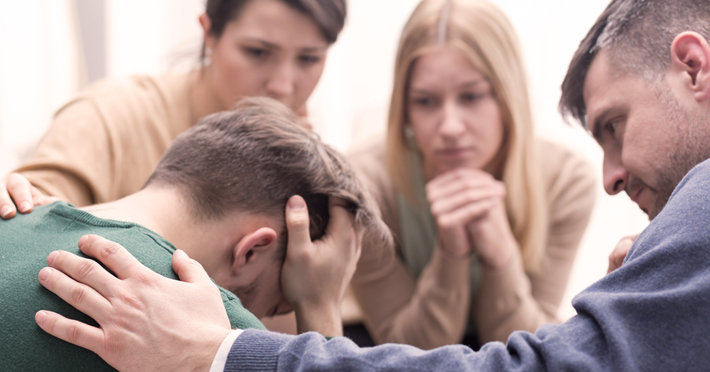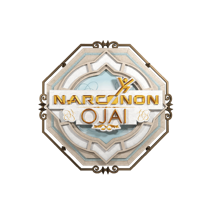How to Open the Door to Speak About Addiction

Many addicts truly believe they can overcome addiction on their own. I should know, I was one of them. The outlook nearly cost me my life and landed me in prison. Now, as a drug and alcohol interventionist over 20 years later, this is one of the most common things that I hear from addicts during the intervention. With the benefit of hindsight, I know just how unlikely an addict can recover without help from others. However, I don’t expect them to listen any more than I would have back when I was using.
So instead, my response is to acknowledge them for identifying that they have a problem that needs to be dealt with. I never respond with direct opposition to this statement because it has always produced a negative result and built a bigger wall between myself and the addict. This is because addiction is a confounding enemy, and there are many factors, mental and physical, that drive the addiction.
My response usually goes something like this, “It’s great that you recognize that you have a problem that you need to address. Do you have any kind of plan to do so?”
Common responses include “I am going to quit hanging out with my drug-using friends,” or, “I am going to go to work every day,” or, “You can drug test me every day,” or, or, or…
Here is my follow-up, “Well, those are all very good steps to take but do you have any idea what might prevent you from being able to follow through?”
Usually, there have been several attempts at abstinence prior to the intervention that obviously ended up with a relapse. This is where I often get responses that blame someone else for the relapse as the addict usually has no idea what caused it, or an attempt to pull on the loved one’s heartstrings by claiming to be a total failure. Addicts avoid responsibility as part of the addiction, they often blame others because it’s almost impossible to accept that they are the ones creating the problem in the first place.
My response, “Well, would you agree with me that there might be some barriers that will prevent you from being able to follow through that you may not know about?”
Per my experience as an addict and as a Substance Abuse Counselor who has helped thousands of addicts over the years, three of the major barriers that prevent someone who is struggling with drug or alcohol abuse are Cravings, Depression and/or Anxiety, and Guilt.
“Would you agree with me these can be major obstacles”? I asked after this explanation. Nearly 100% of the time, I get the addict’s agreement that yes, these are major barriers.
My next question: “Do you have any idea what might prevent you from being able to overcome these obstacles?” The answer is always “No.” This opens the door for discussion on what causes Cravings, Depression and Guilt. In my experience, for best results, these are handled in sequential order, starting with cravings.
Many studies have shown that cravings for alcohol and drugs often lead to relapse,
with relapse rates up to 90%.
Obviously, it makes sense, based on the above, that cravings would be the first thing handled with any treatment approach. There are many factors that contribute to cravings that I will cover in upcoming articles. Approaching the addict in this way provides the opportunity to educate the person on why they are having such a difficult time overcoming addiction and strengthens your position that obtaining treatment in a controlled environment away from all the triggers that would prevent success is the optimum solution.
Bobby Newman, CIP, ICPS, ICDAC
Founder & Interventionist Newman Interventions
www.newmaninterventions.com


